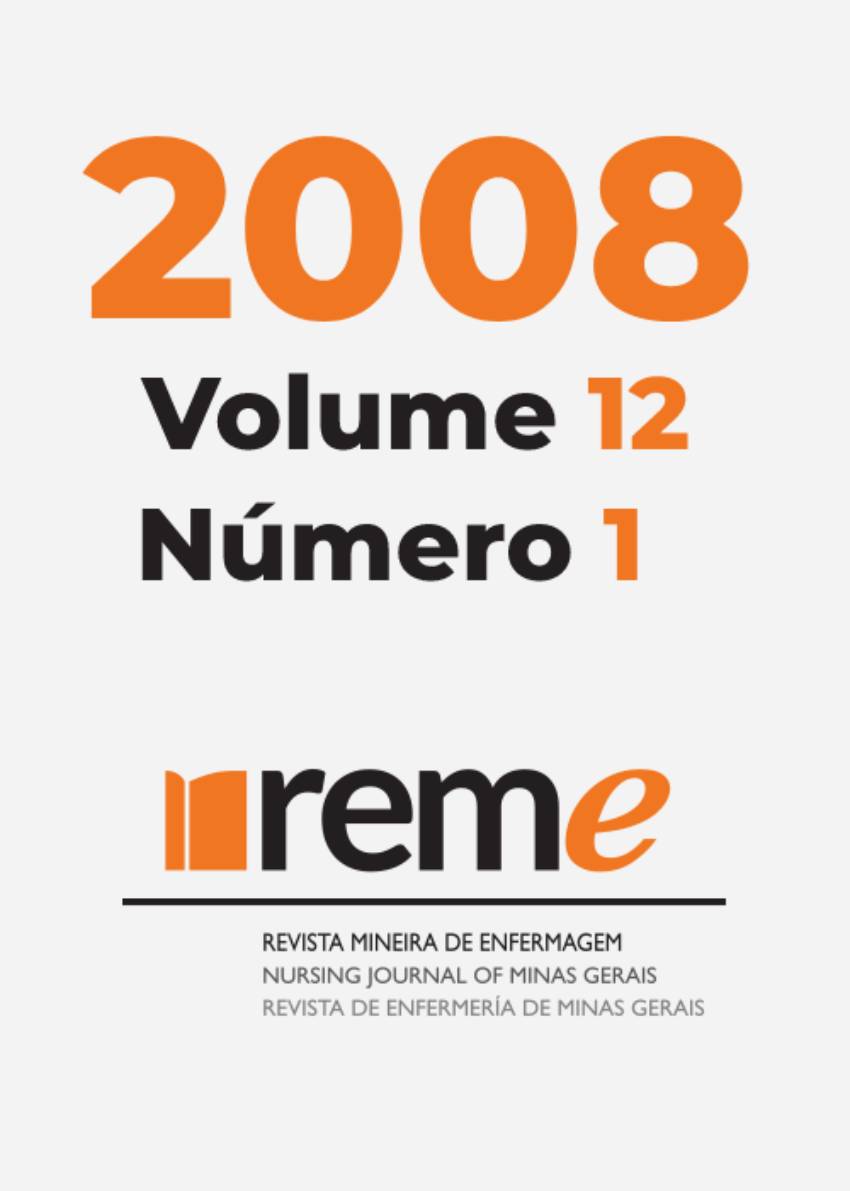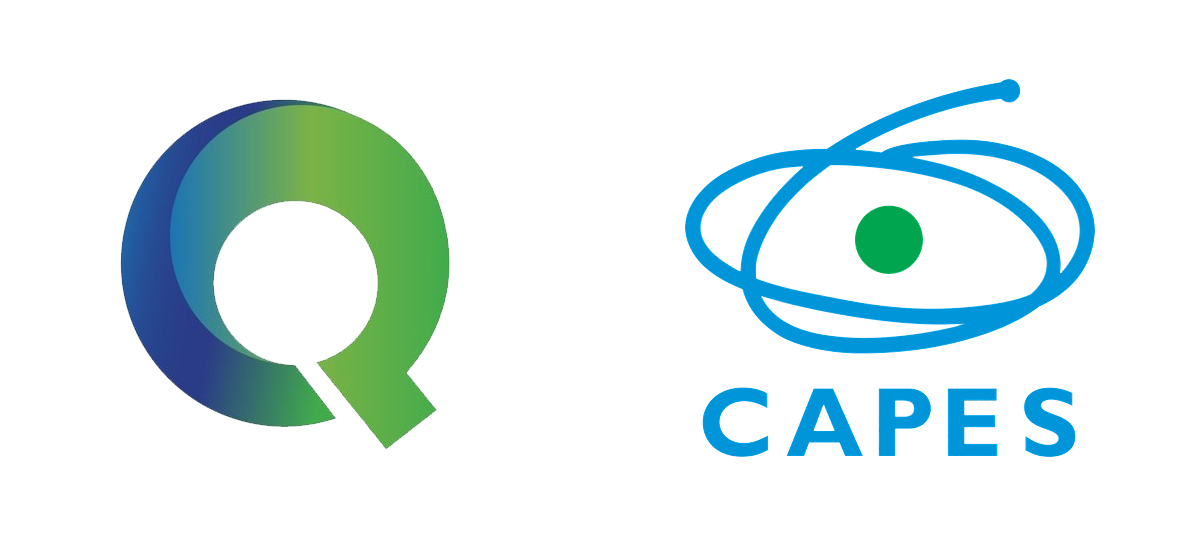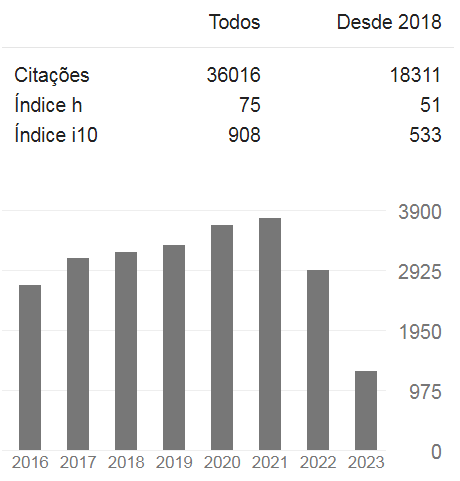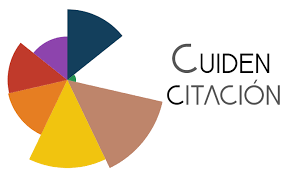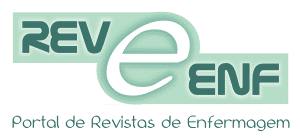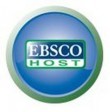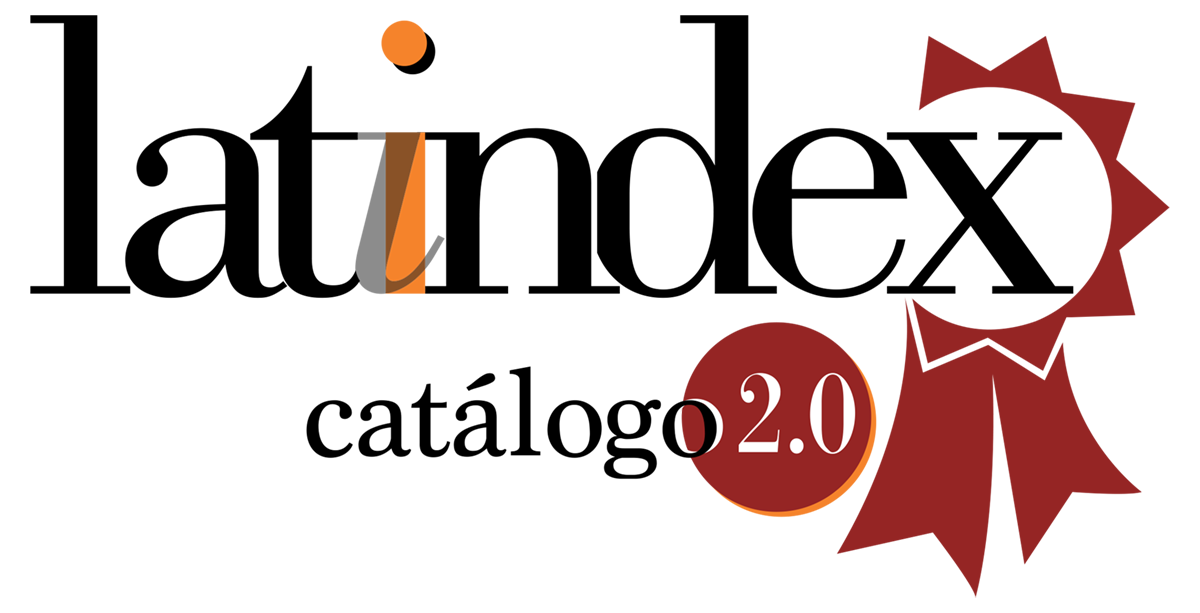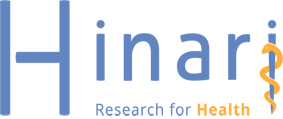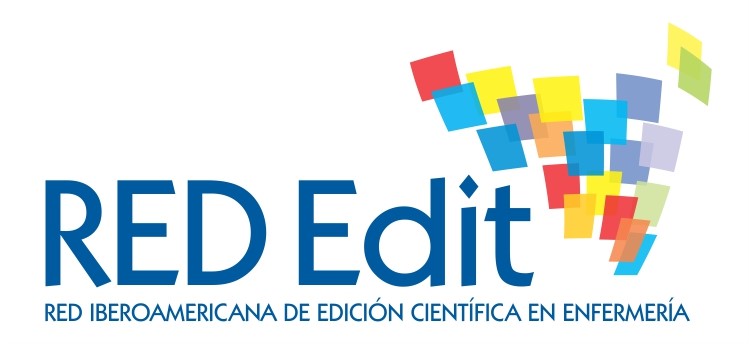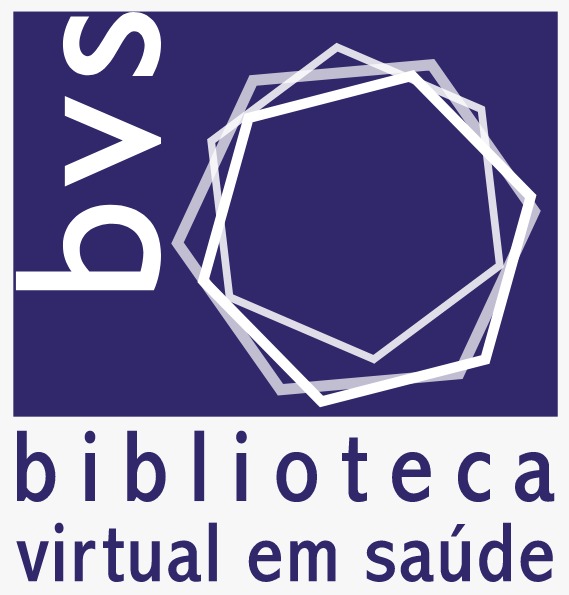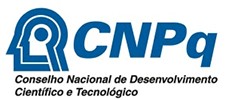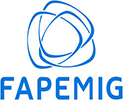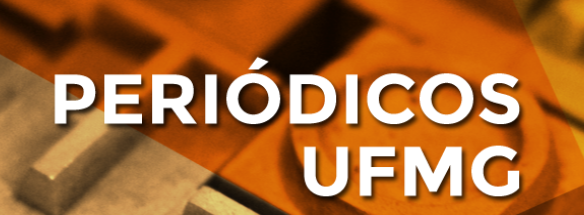Knowledge of child cerebral palsy by mothers assisted in a basic health unit
DOI:
https://doi.org/10.35699/reme.v12i1.50640Keywords:
Cerebral Palsy, Heath Education, Perinatal Care, Child, PediatricsAbstract
Child cerebral palsy is a neuromotor disorder resulting from non-progressive encephalopathy. The impact of the disease is significant because of its effect on the child, family and society. The main cause is not yet known, but it is known that hypoxia and cerebral ischaemia contribute. Some measures to avoid the disease can be taken in the perinatal period. The objective of this study was to evaluate the knowledge and sources of information about Child Cerebral Palsy. Mothers enrolled in the "Viver Melhor" Family Health Program in Diamantina, State of Minas Gerais, Brazil, were selected and interviewed using semi-structured questions about the problem. After the speech was transcribed, the discourse was grouped around three themes: knowledge about cerebral palsy, sources of information about the disease and the role of health services in the prevention of child cerebral palsy. The results indicated that education initiatives must be widened through redesigning professional practice, increasing public policies and improving services provided to women in the perinatal period.Downloads
Download data is not yet available.
Published
2008-03-01
How to Cite
1.
Navais MC, Araújo A. Knowledge of child cerebral palsy by mothers assisted in a basic health unit. REME Rev Min Enferm. [Internet]. 2008 Mar. 1 [cited 2024 Nov. 13];12(1). Available from: https://periodicos.ufmg.br/index.php/reme/article/view/50640
Issue
Section
Research

